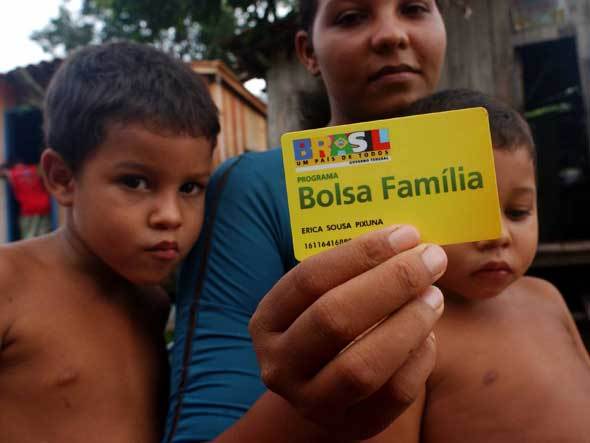RIO DE JANEIRO, BRAZIL – Brazil could have made twice as much progress in reducing income inequality had it transferred the money spent on increasing pensions to Bolsa Família (Family Grant) beneficiaries.

The conclusion was reached by Jens Arnold, OECD senior economist, and Matheus Buenos, a student at the Toulouse School of Economics (France), in a new study.
Arnold, who was the economist responsible for following the Brazilian economy for several years, notes that social spending exceeds 15% of GDP in Brazil, of which 13% is for pensions.
When the government raises the minimum wage, this has a fiscal cost due to the indexation of social security benefits in the country. The study focuses on the period between 2021 and 2014.
The economist notes that the notion that pensioners are Brazil’s poor is very dominant and that changing the indexation to the minimum wage can be damaging to the most vulnerable group in society. However, he adds, “the reality is completely different. About 55% of Brazilians have an income lower than the minimum wage.”
The study’s authors conclude that the funds transferred to pensioners, due to indexation to the minimum wage, if placed in Bolsa Família would have led to a 101% sharper decline in income inequality in 2012, 63% in 2013, and 50% more in 2014.
Although minimum wage increases have slowed significantly since 2014, political pressures for real growth could easily emerge again as the economy rebounds, Arnold says.
Source: Valorv

